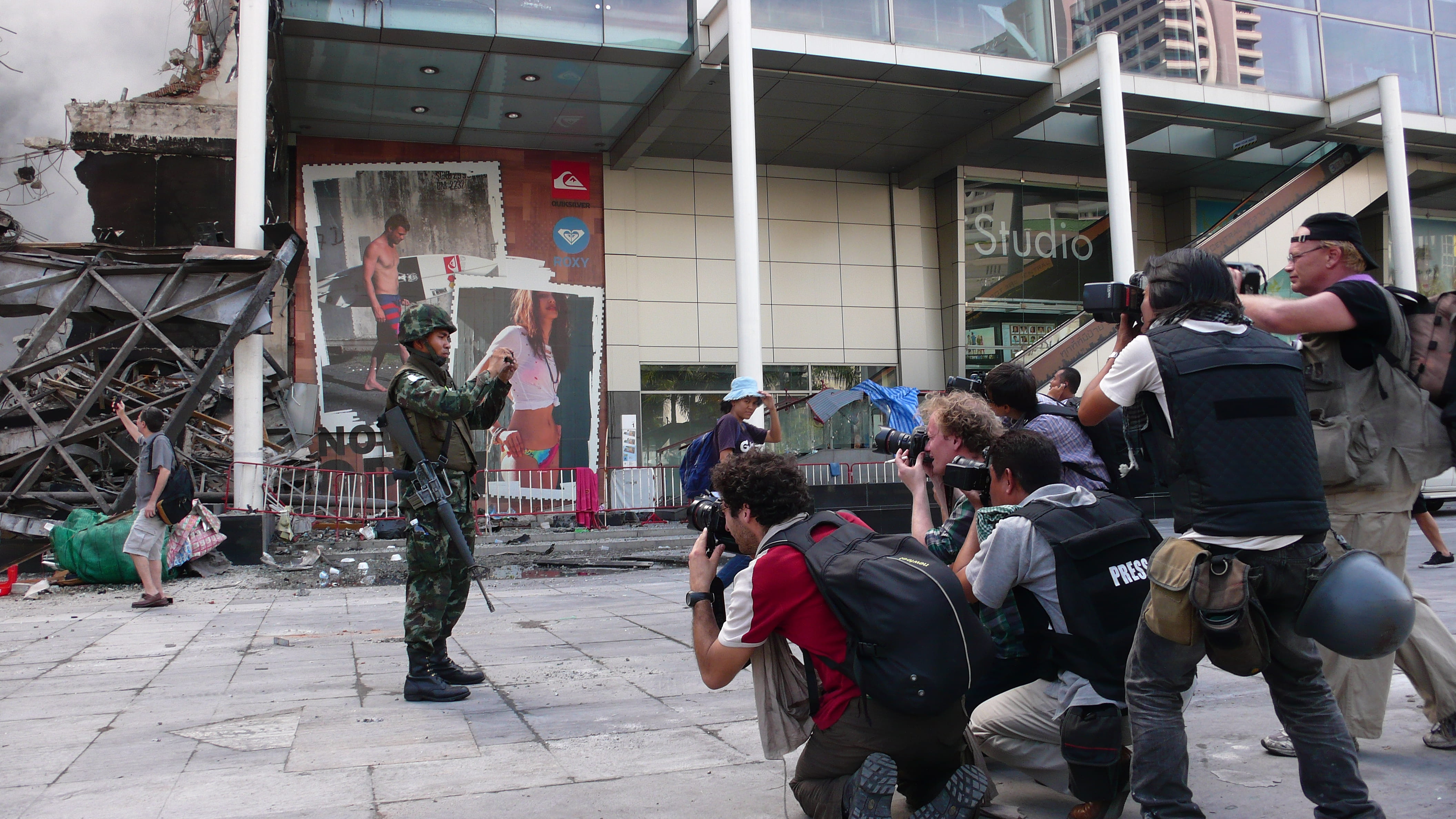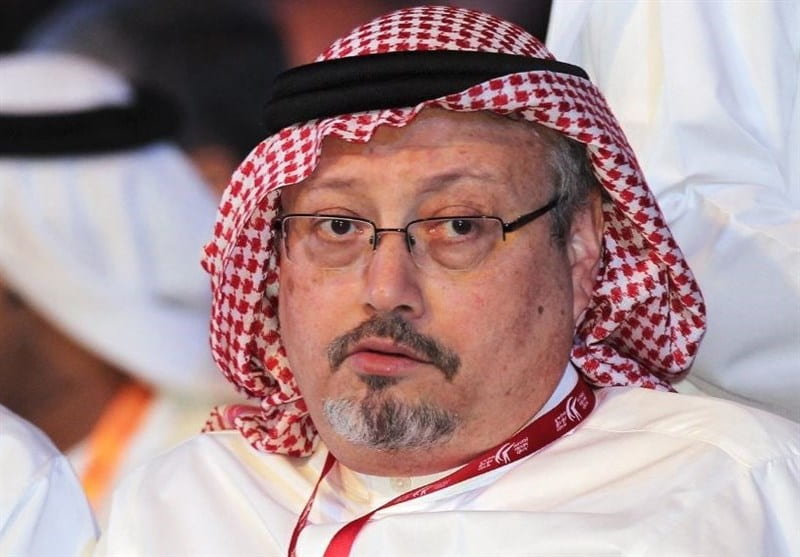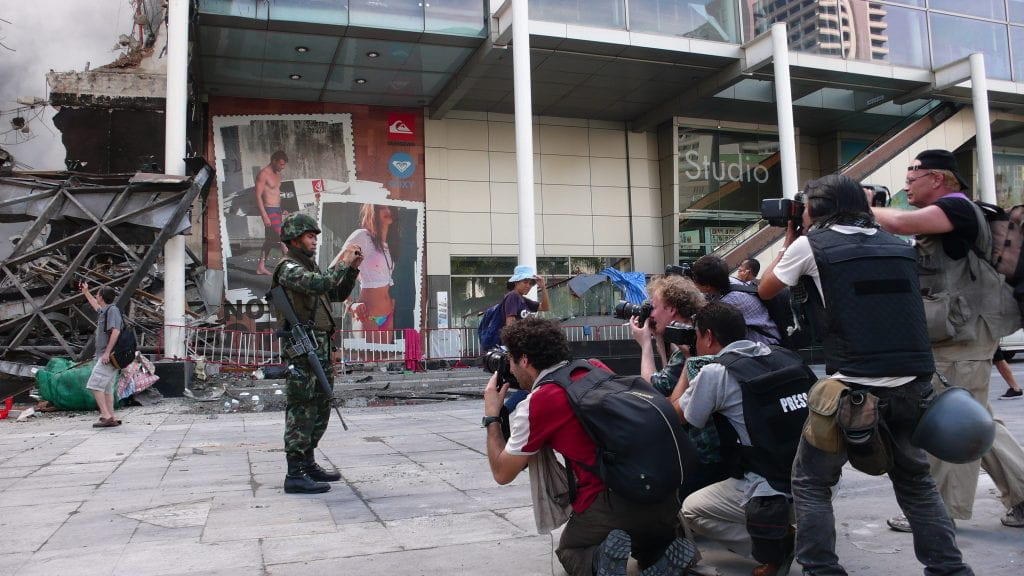
In recent years, many freedoms of Hong Kong citizens have been stripped away. Once a British colony now under the rule of Beijing, legislation has restricted the voice of its journalists and activists.
Critiques of the Hong Kong and Chinese government are met with an iron fist. New laws such as the National Security Law and Article 23 law have limited what can and cannot be said in public and media. Consequently, activist such as Jimmy Lai have fallen victim to these new laws.
Historical Background of Hong Kong, The National Security Law, and Article 23

Britain acquired Hong Kong after the first Opium War with China, under the Treaty of Nanjing 1842. Negotiations of Hong Kong took place in 1984, with the signing of the Joint Declaration. In 1990, the Basic Law was completed which served as a mini-constitution for Hong Kong. The former British Colony was officially turned back over to the People’s Republic of China on July 1, 1997.
Beijing had promised Hong Kong a “One Country, Two Systems” rule and to continue their political practices for 50 more years. However, after an economic crisis in Hong Kong, Beijing sought to implement strict regulations in 2003. The National Security Law was proposed to be added to the Basic Law, but half a million Hong Kong citizens marched in protest. The bill was unable to be passed due to the pushback.
Despite citizens’ displeasure with the proposal in 2003, 17 years later, the National Security Law was put into place. This has heavily restricted many freedoms that people in Hong Kong partook in previously. The crackdown of this law came in the form of dozens of activists being arrested. In recent years, the recognition of the Tiananmen Square Massacre has been censored. With that, people are no longer permitted to hold vigils in memory of those who died during the protest. Beijing has frequently been exercising their authority to interpret the Basic Law in Hong Kong.
The Basic Laws are similar to a mini-constitution for Hong Kong. The Nationals Security Law (NSL) was passed in 2020. This heavily restricts Hong Konger’s rights to protests and freedom of speech and expression. Because of this new law, the Hong Kong government was able to pass Article 23. This article, officially called Safeguarding National Security Ordinance, creates new offenses, heavier prison sentences, and stronger enforcement for violations of national security. The law adopts mainland China’s definition of “State security threats” and “State secrets” which encompasses almost anything. The law is up for interpretation, but only the interpretation of the Hong Kong government and Beijing.
Who is Jimmy Lai? What is he charged with?

Jimmy Lai first came to Hong Kong in 1961 at the age of 12. After having fled from Communist China, Lai had arrived at a colonized Hong Kong. Because of its national status at the time, he is considered a British National. As a child, Lai worked as a child laborer in a clothing factory, persevering through years of working in harsh conditions. By 1981, Lai opened a chain clothing store called Giordano. Through this Jimmy Lai became extremely successful.
As a result of the events at the Tiananmen Square Massacre, Lai began to dedicate his life to activism for human rights (see my blog post about China for an in-depth look into the Tiananmen Square Massacre and its influence on activists in Hong Kong and China). In 1995, he opened a newspaper called Apple Daily. Frequently, this pro-democracy media outlet would criticize the Chinese Communist Party (CCP).
On August 10, 2020, Jimmy Lai was arrested and in December 2020, he was charged with three counts of foreign collusion and one charge for sedition. For four years, Lai has been detained in the conditions that violate many human rights. According to Amnesty International, Lai has been subjected to solitary confinement and is allowed outside for less than an hour a day.
Jimmy Lai’s international legal team has reported that Lai, a Catholic, has been denied his freedom to practice his religion. In an interview conducted by Nick Schifrin, International Human Rights Lawyer, Caoilfhionn Gallagher said, “He’s also a devout Roman Catholic being denied access to the sacrament of holy communion.” While his legal team continues to fight for his release, Gallagher emphasizes the imperative danger that Lai is in of losing his life.
Lai’s son, Sebastien Lai, also spoke out about his father. In the interview, he worries about the passing of his father while in prison. Sebastien said that his ultimate goal was to see his father out of prison before his death. Despite their best hopes the chances of the case against Jimmy Lai being dropped are slim. Sebastien reflects on the memory of his father, “My memory of my father is always of this man smiling, because he knew that, despite all of this, he was doing the right thing.” This quote summarizes the kind of person Jimmy Lai is. One that fights for his freedoms and the freedoms of the people around him. Lai had not hesitated, in any of the times he was released on bail, to continue to attend Tiananmen vigils and stand up for democracy and freedom of speech.
The Lai Trial and November 20th Resumption Update

The long awaited trial of pro-democracy advocate, Jimmy Lai, began on December 18, 2023. Lai had been held in custody awaiting his trial for over 1,000 days due to delays from Beijing over their interpretation of the national security law. Beijing ultimately decided that Lai would not be allowed his choice of a British lawyer.
A trial that was only supposed to last 80 days, ran until June 11, 2024. The court was unable to have the mid-trial submission until July 24-25. Since then, the court has been adjourned until November 20, 2024.
In another case, Hong Kong rejected Jimmy Lai’s request for a jury trial in early October 2024. This was in response to Jimmy Lai bringing a case against Ta Kung Pao, a pro-Bejing newspaper, in November 2020. Ta Kung Pao had published defamatory statements regarding Lai in June 2020. In the article, Ta Kung Pao accused Lai of trying to escape and create chaos within Hong Kong. Unfortunately, Judge Queeny Au Yeung rejected Lai’s request, stating that the legal documents needed further in-depth examination.
The court case for the national security trial resumed on November 20 with the testimony of Lai. In the charges of collusion with foreign forces, Lai pleaded not guilty. Hong Kong’s Prosecutor Anthony Chau insisted that Lai was asking other countries, specifically the United States, to impose sanctions and encourage hostilities against Hong Kong and China.
In his first court testimony, Lai stated that it was not his intention to manipulate foreign policy in the United States to be hostile towards China and Hong Kong. This was in response to the prosecution bringing forth evidence of Lai’s “collusion with foreign forces” in a meeting he had with Vice President Mike Pence and secretary of state Mike Pompeo during Donald J. Trump’s presidency in July 2019.
Lai said that all he did was answer honestly of what was happening in Hong Kong when asked. In relation to his newspaper Apple Daily, Lai denies advocating for Hong Kong’s independence. He also reiterated that any conversations held with Officials from other countries were strictly professional. Lai further stated that the National Security Law would bring about the end of free speech in Hong Kong.
Conclusion: What is the international reaction? What can be done to help Lai and others?
The trial will continue throughout November while the rest of the world awaits the fate of Jimmy Lai. Amnesty International continues to call for the release of Jimmy Lai. Both the U.K. and the U.S. have criticized Beijing for the imprisonment of Lai. Beijing in response, has condemned the U.S. on its involvement with a “threat to the security of Hong Kong and China.” They have also stated that the U.K. should stay out of all legal processes.
“Support Jimmy Lai” is an online website that has been keeping track of Lai’s case. On the website they provide case updates and a timeline of Lai’s life. They ask people to show support by using the hashtag #FreeJimmyLai. If you would like to donate to the cause or for more information check out “Support Jimmy Lai.”






